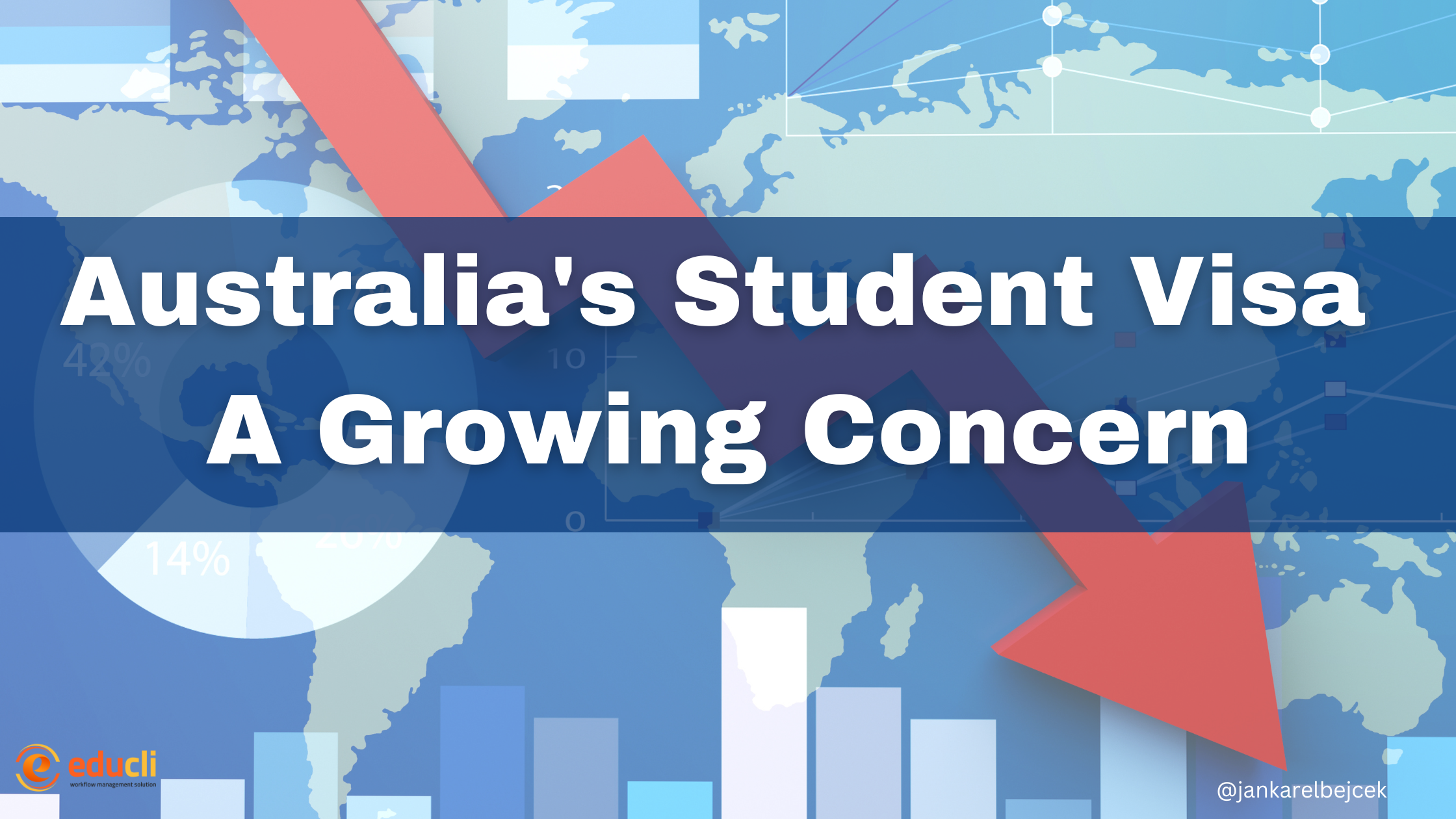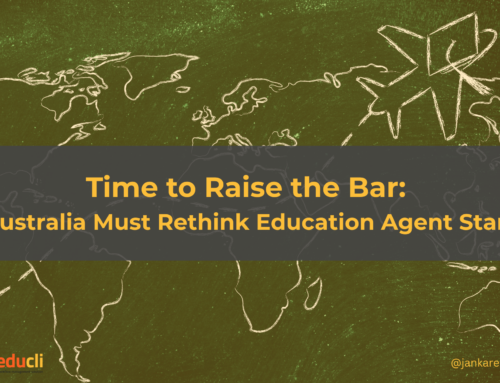Australia’s Student Visa: A Growing Concern
Australia’s student visa application costs have soared, refusal rates are at their peak, and now significant legislation is being prepared to limit the number of enrolments to education providers on an individual course level.
Stricter Immigration Policies
The current announcement of student caps comes amid a series of stricter immigration policies, including a work limit of 48 hours per fortnight, an end to ‘visa hopping’, by removing certain visa holders from student visa applications in Australia, and changes for Temporary Graduate Visa holders.
Declining Student Visa Approval Rates
The number of international student visas granted for the 2023-24 period (up to 31 May) has significantly decreased compared to the previous financial year. The number of lodged visas dropped from 514,580 to 441,613, and the number of granted visas fell from 499,690 to 289,509 during the same period. Specifically, student visas granted to Indian, Nepalese, and Colombian nationals plummeted up to 80%.
Community Reactions: ‘Completely Unfair’
Migration and education experts, education providers, international education groups and organisations all voiced strong opposition to those changes. Some expressed concern that Australia is becoming an unwelcoming and costly option for international students. Individuals and groups warned that these decision could damage the economy and deter students from choosing Australia as their educational destination.
Various representatives of student groups also condemned these decision, a “better methodology,” proposing that the changes are rolled out in stages. An example would be the recently increased student visa fee, as per Nishidhar Borra, the head of the Association of Australian Education Representatives of India (AAERI), the fee should be divided into two segments: one for the pre-visa assessment and the balance after the assessment if the visa is granted. He questioned how this increase would restore the integrity of international education as mandated by the government.
Bhavya Sharma, an international student and president of the Indian Graduate Student Society at the University of Melbourne, described the move as “completely unfair.” She emphasised that students are already struggling with the high cost of living, and this increase will add further financial pressure.
Potential Impact on Australia’s Appeal
Immigration expert Abul Rizvi has long advocated against the fee increase, arguing that the best students, who generally have more choices in where to study, will likely choose other nations over Australia. “Why risk a non-refundable application fee when the outcome is uncertain?” he asked.
Earlier this year, the Grattan Institute proposed an increase in student visa application fees to fund an increase in Commonwealth Rent Assistance. However, Rizvi cautioned that the expected revenue might be overstated, as the government is proposing caps on student visa applications and higher refusal rates.
Government’s Stance
Minister for Education Jason Clare emphasises the importance of maintaining integrity and quality in international education. “These changes will strengthen integrity in the international education system and help fund important reforms recommended by the government,” he said.
In summary, while the intent behind the ESOS Bill to ensure quality and integrity in the sector is commendable, its practical application raises significant concerns, potentially affecting Australia’s appeal as a top destination for international students.
#internationaleducation #studyinaustralia #education #studentcaps #australia #educli





Leave A Comment